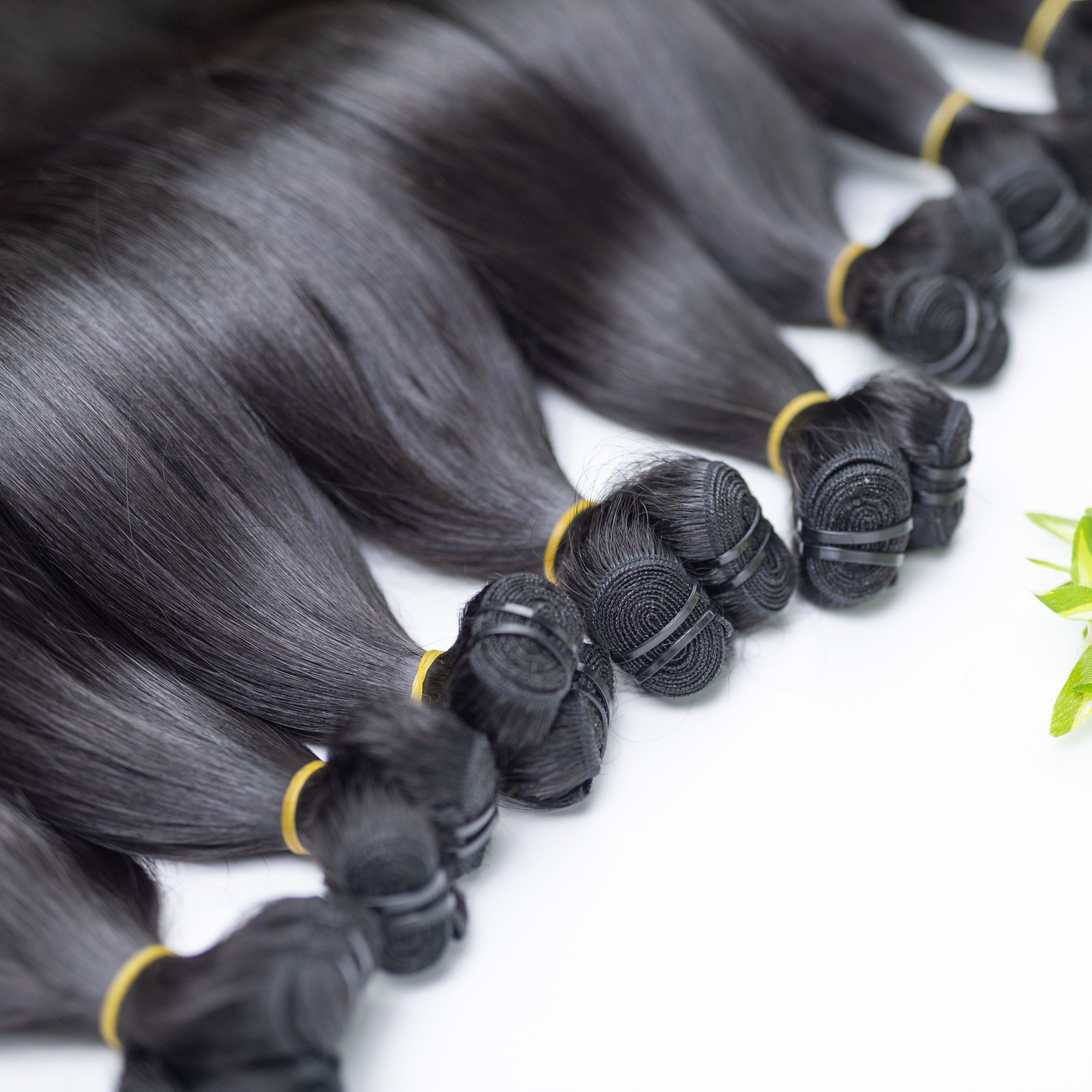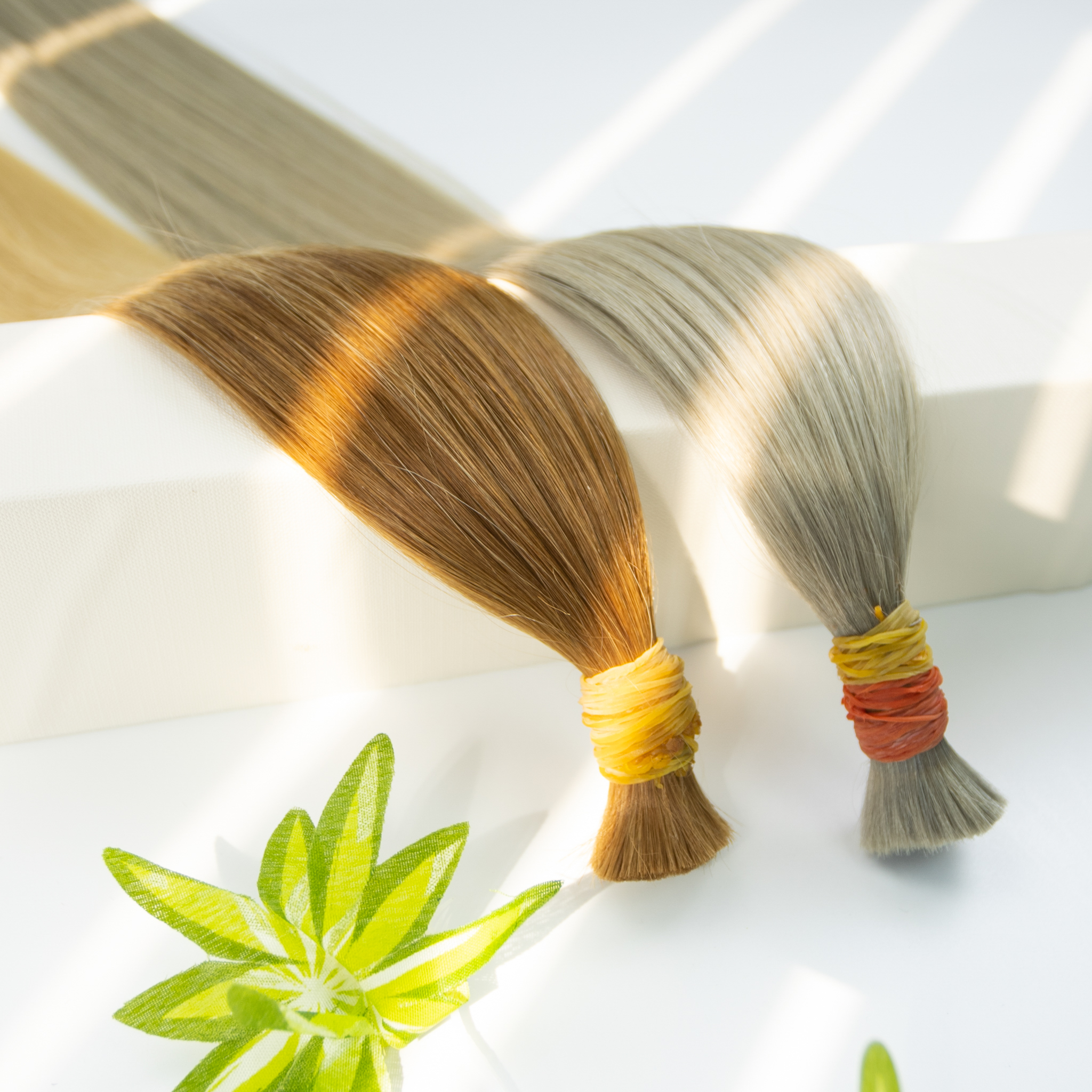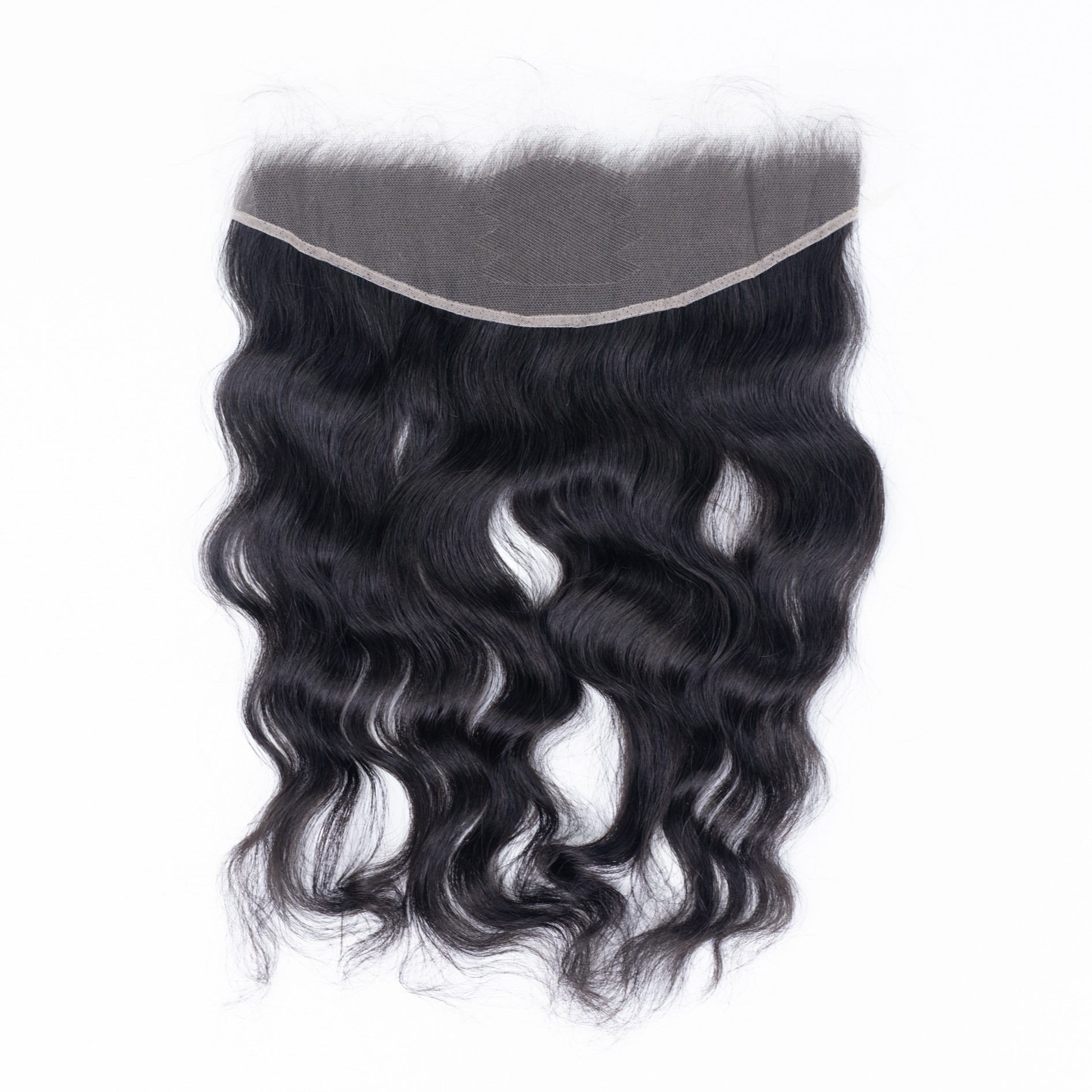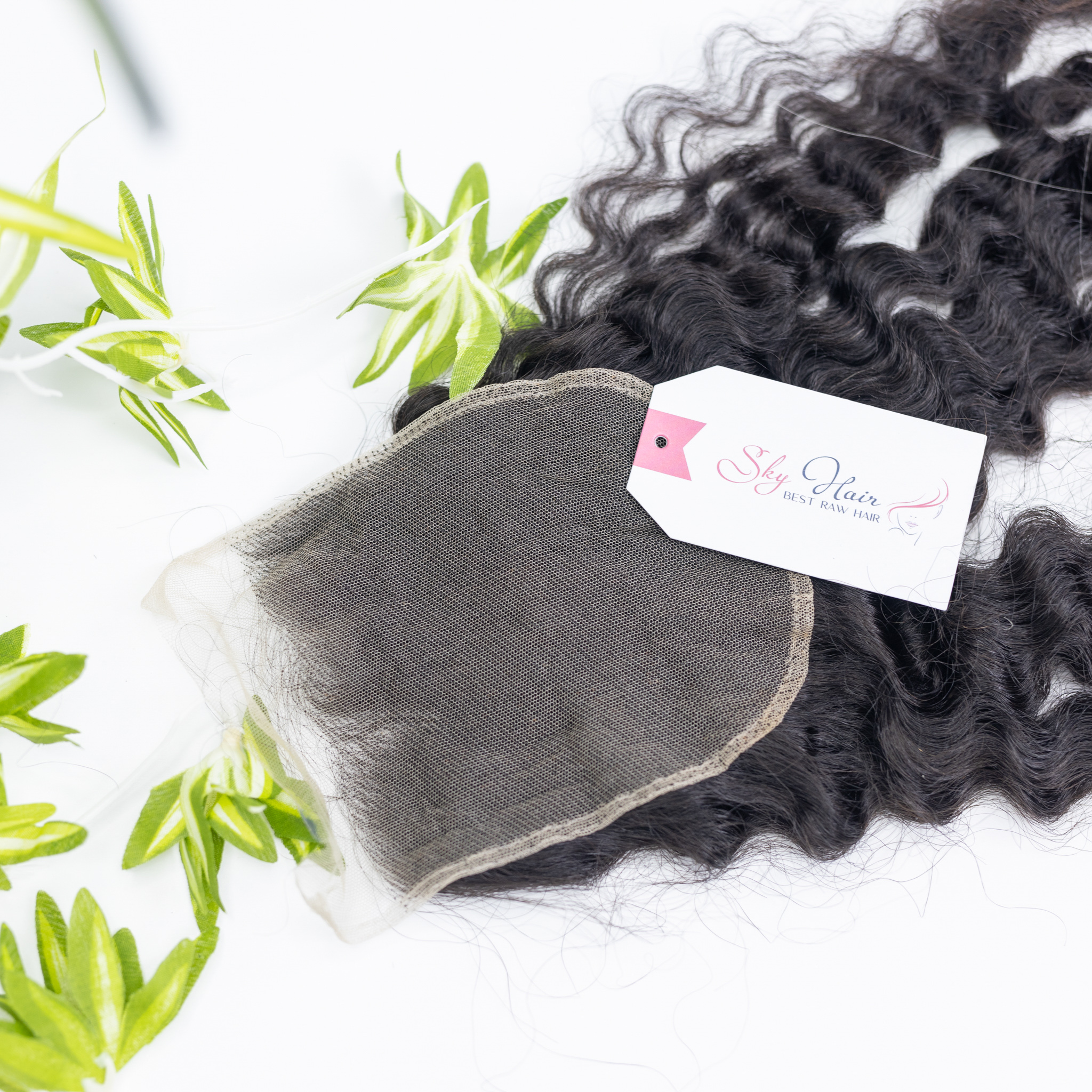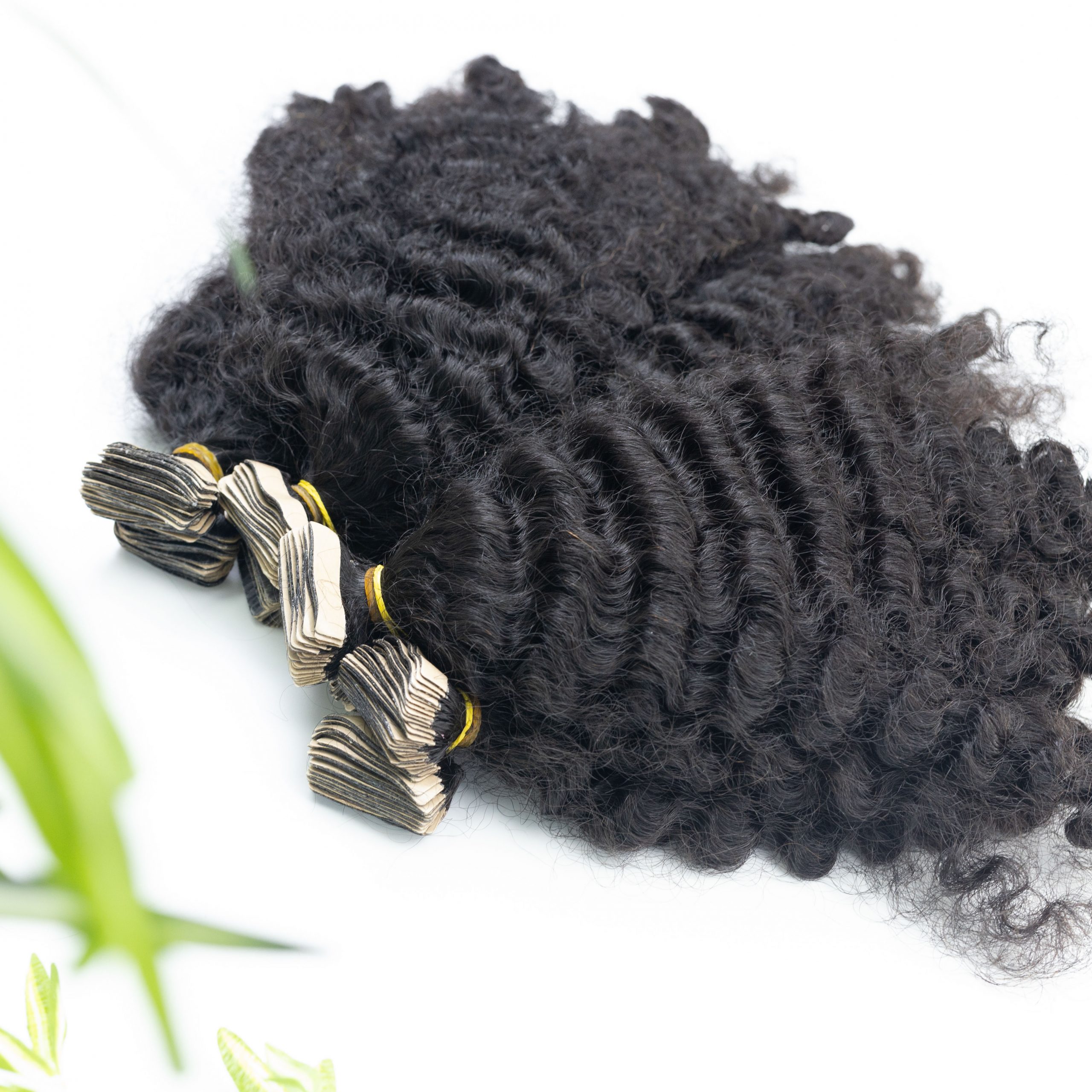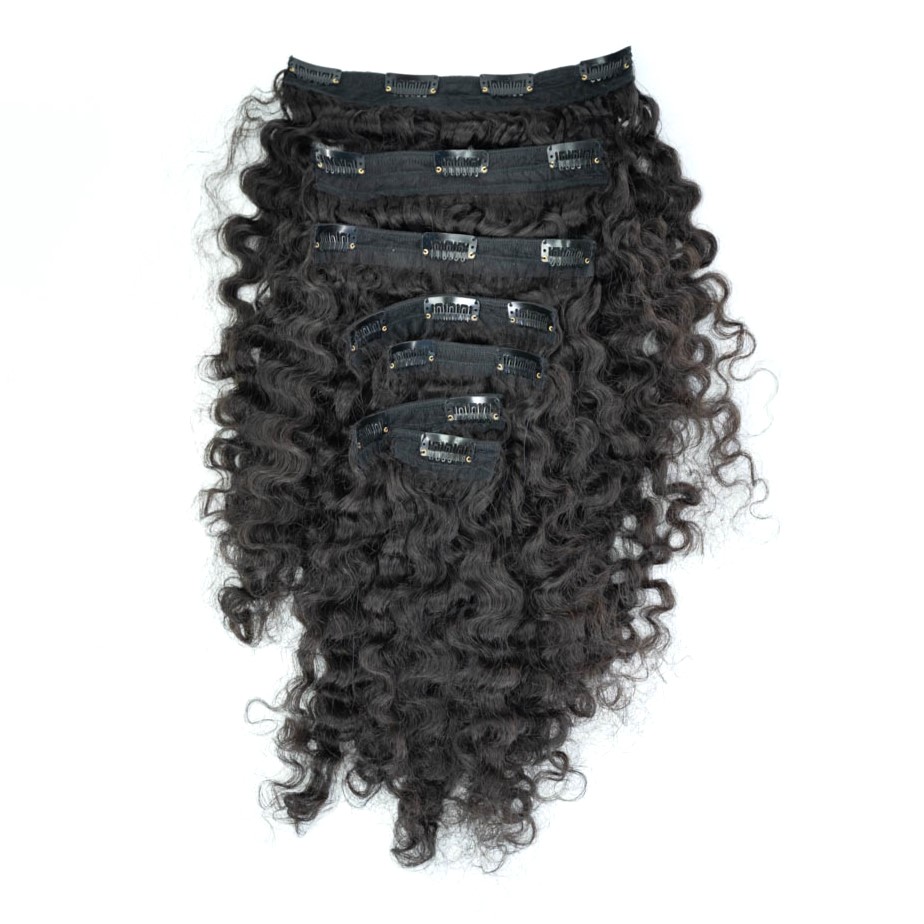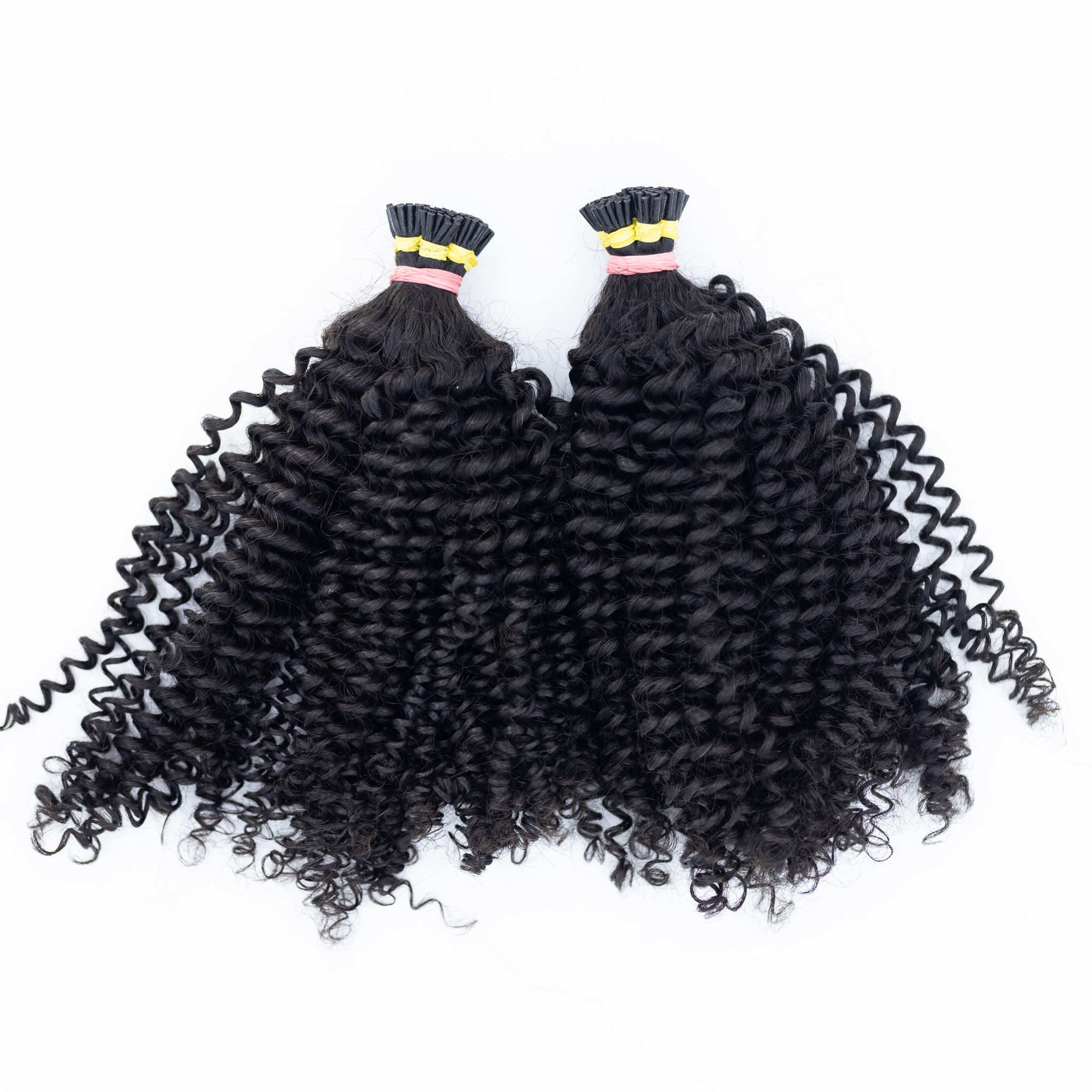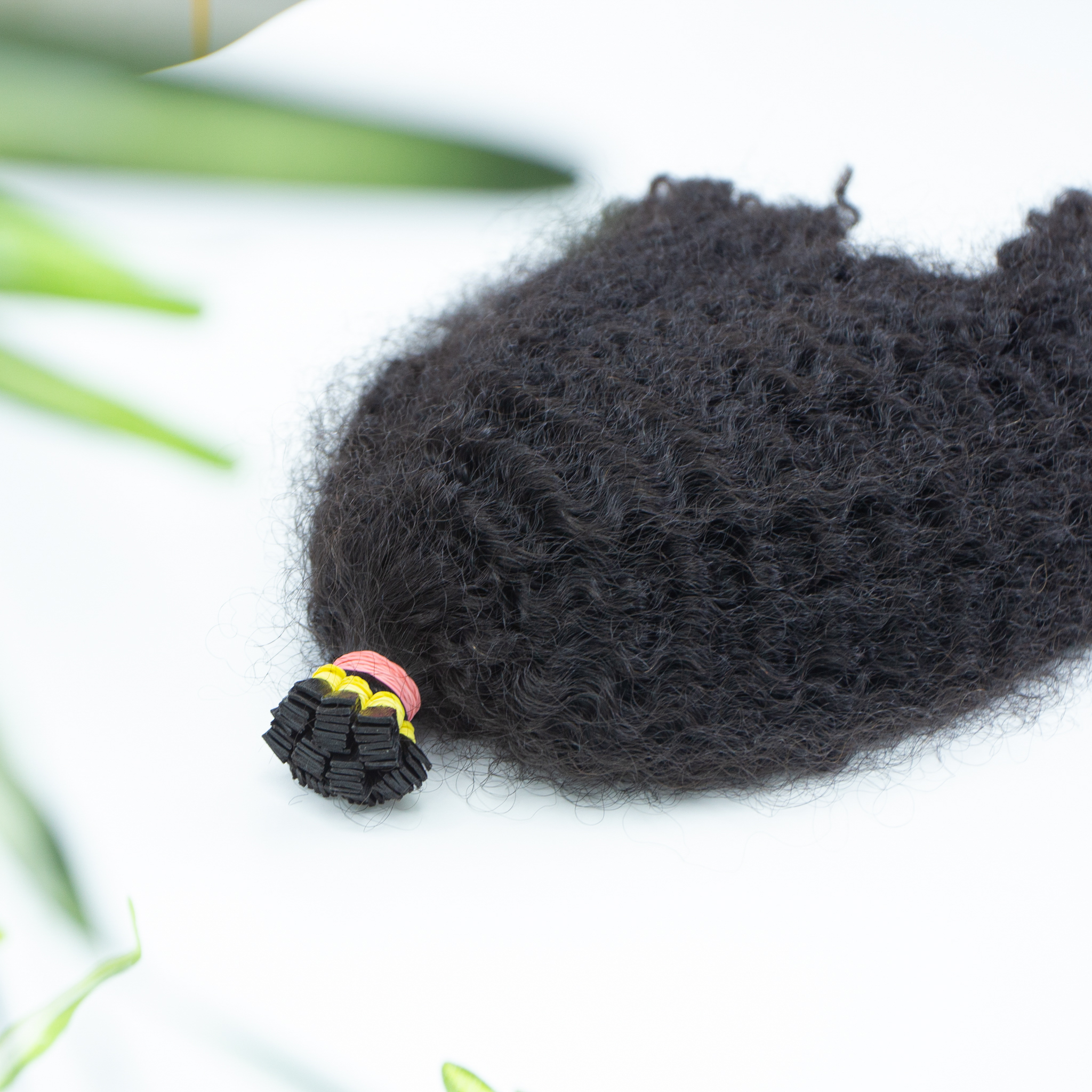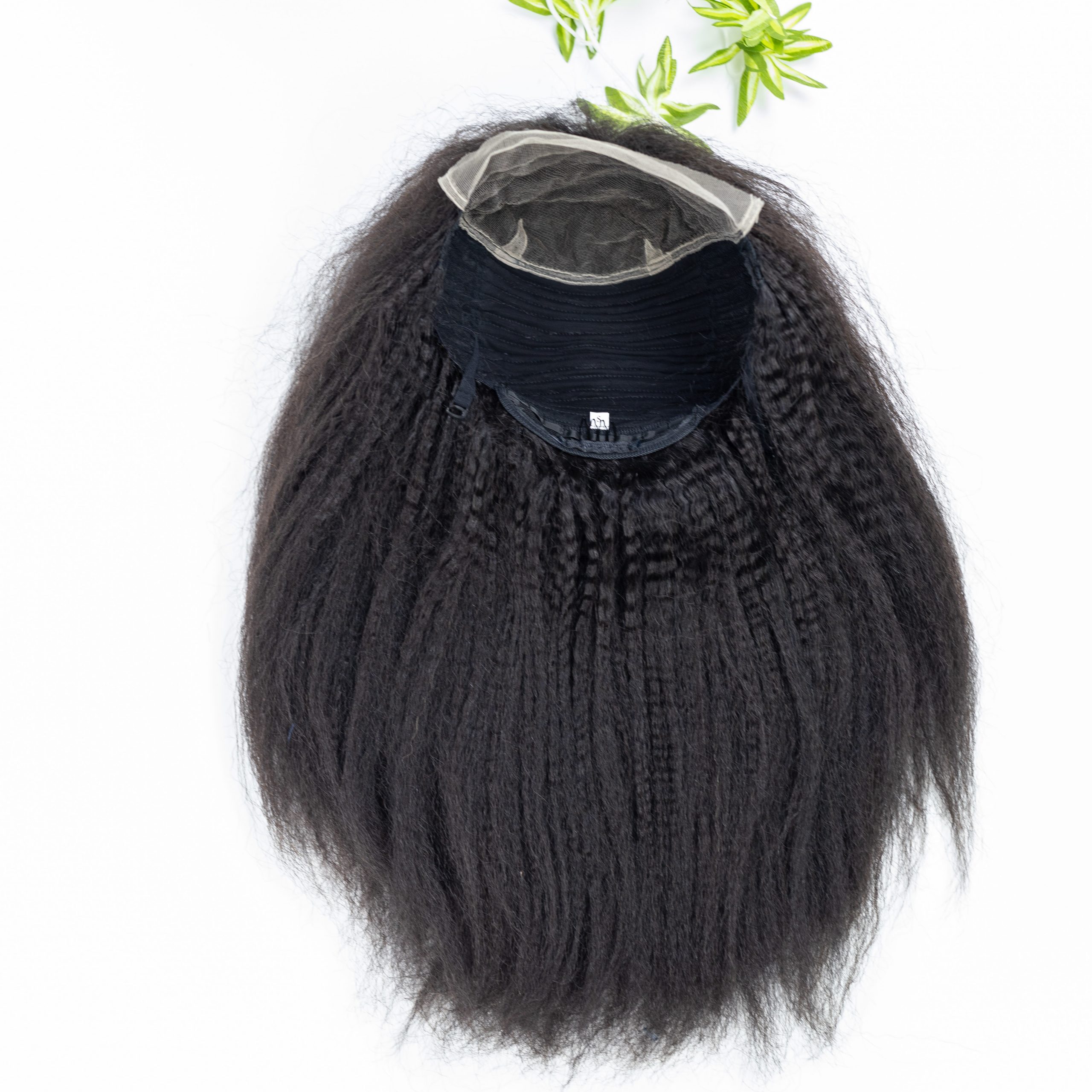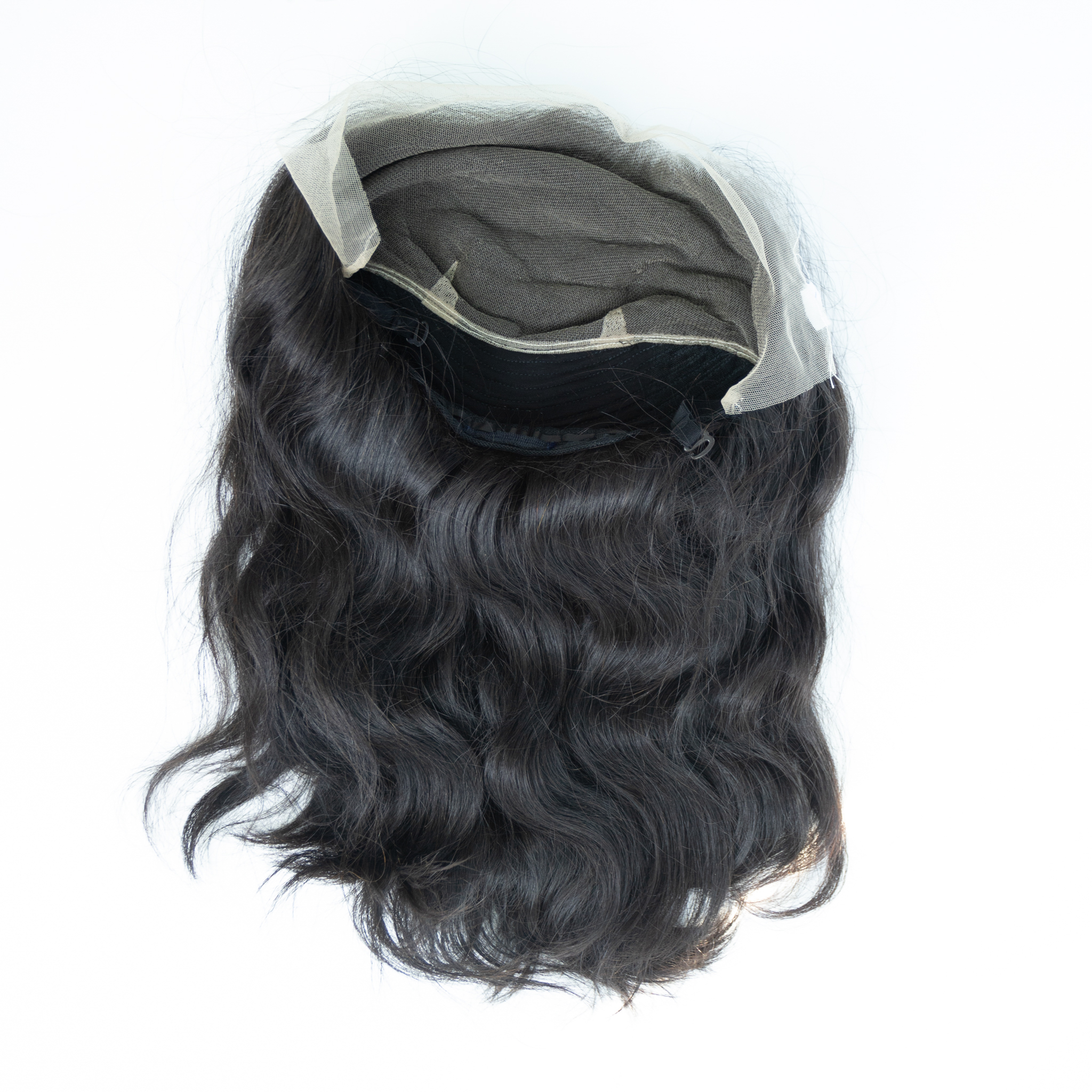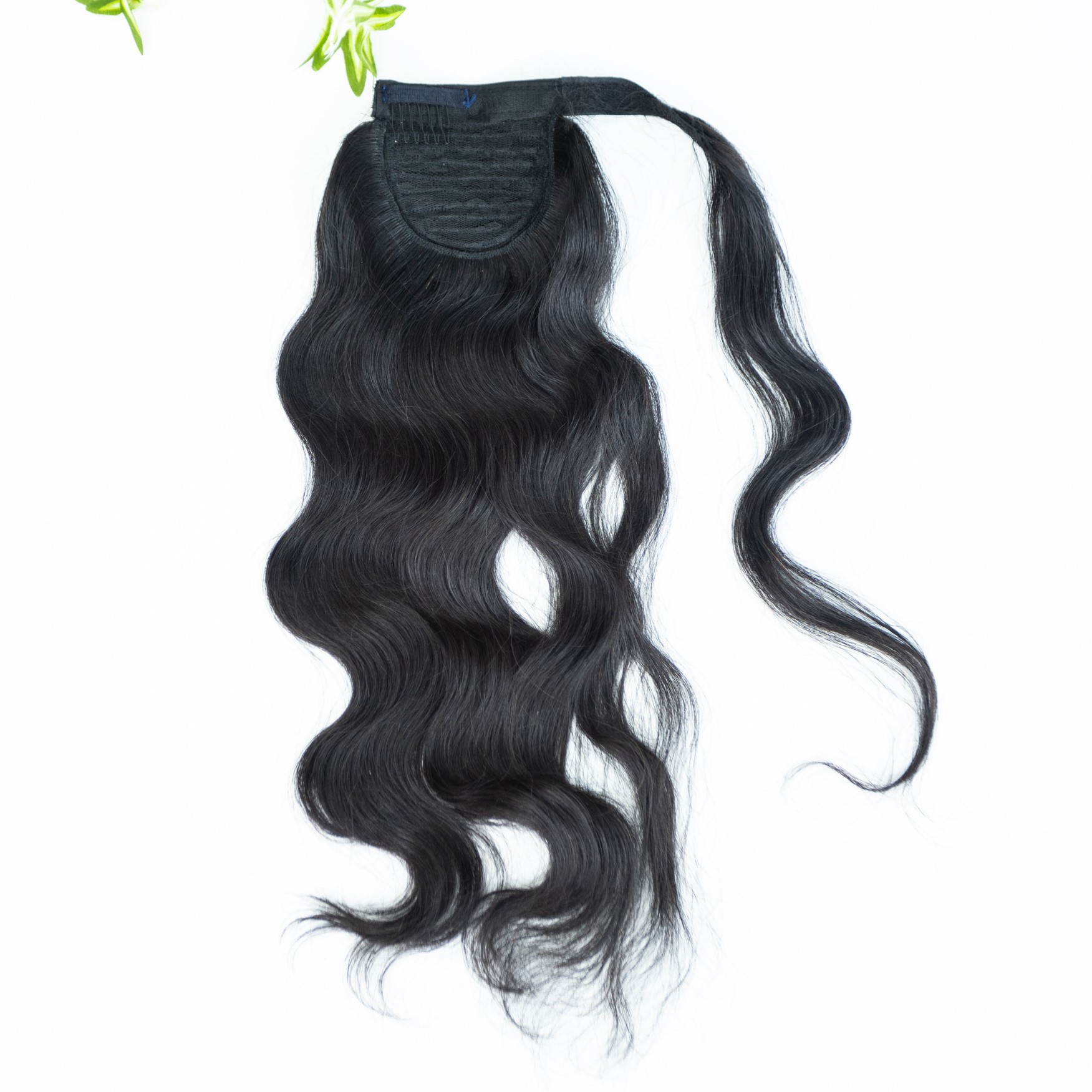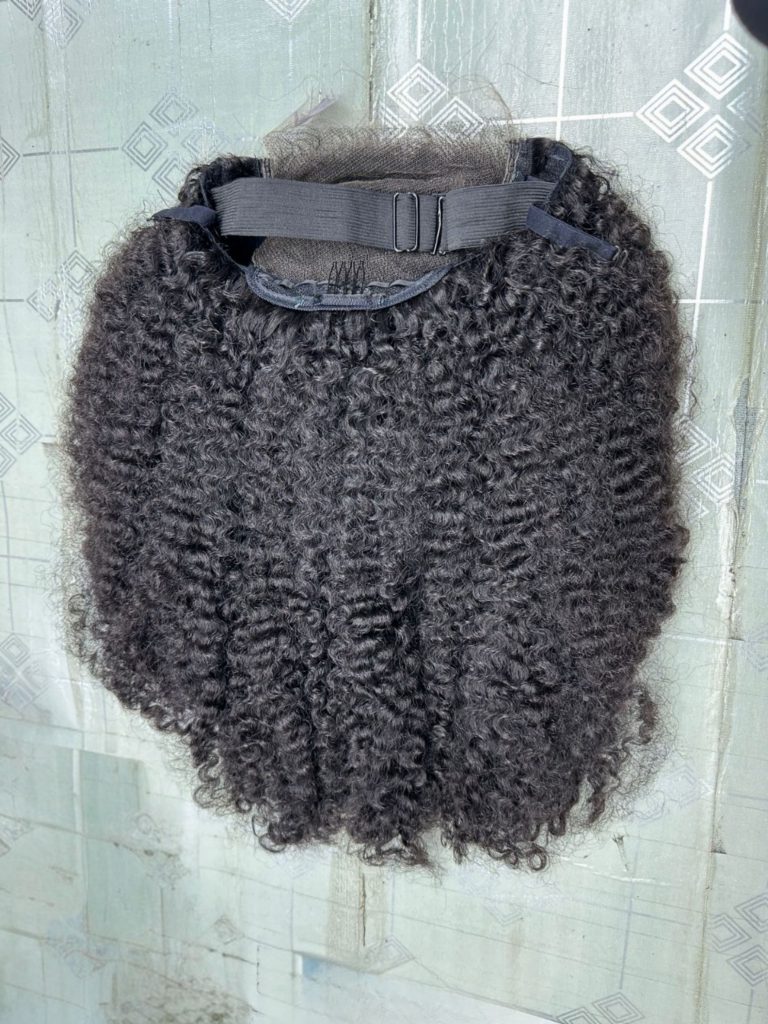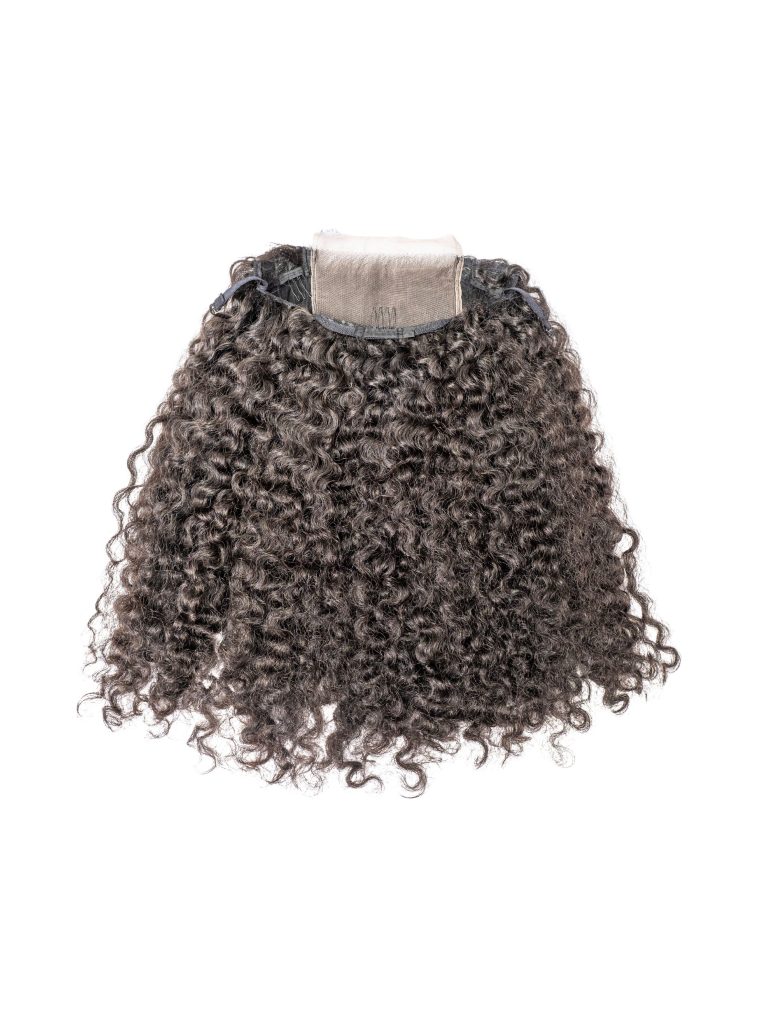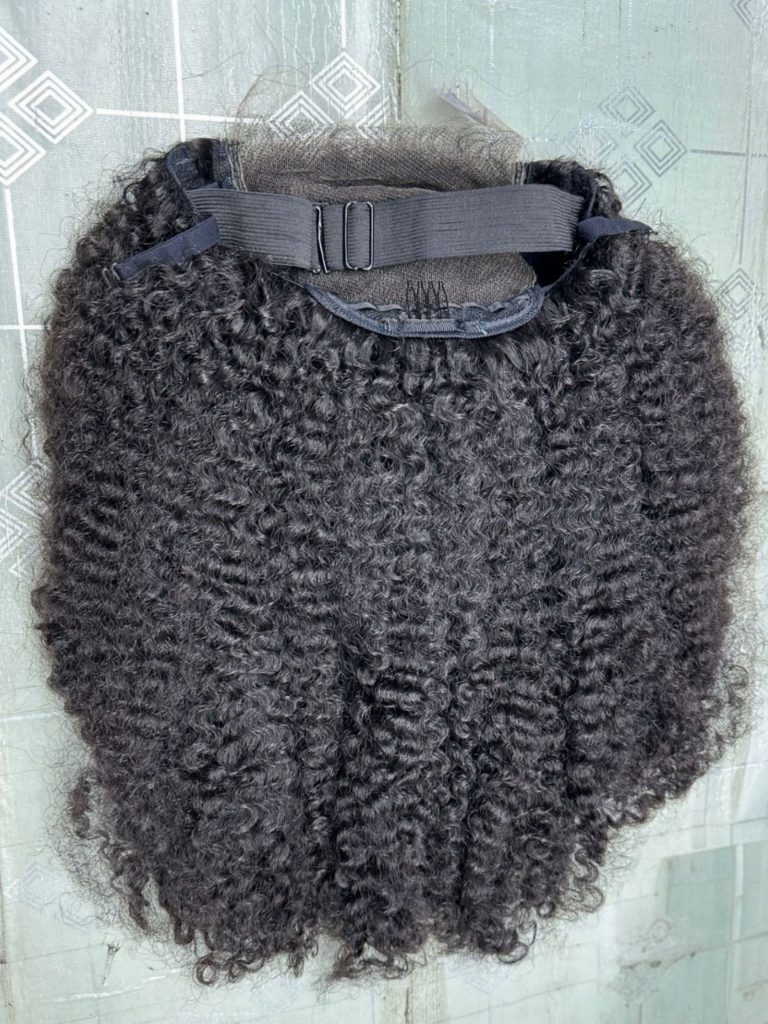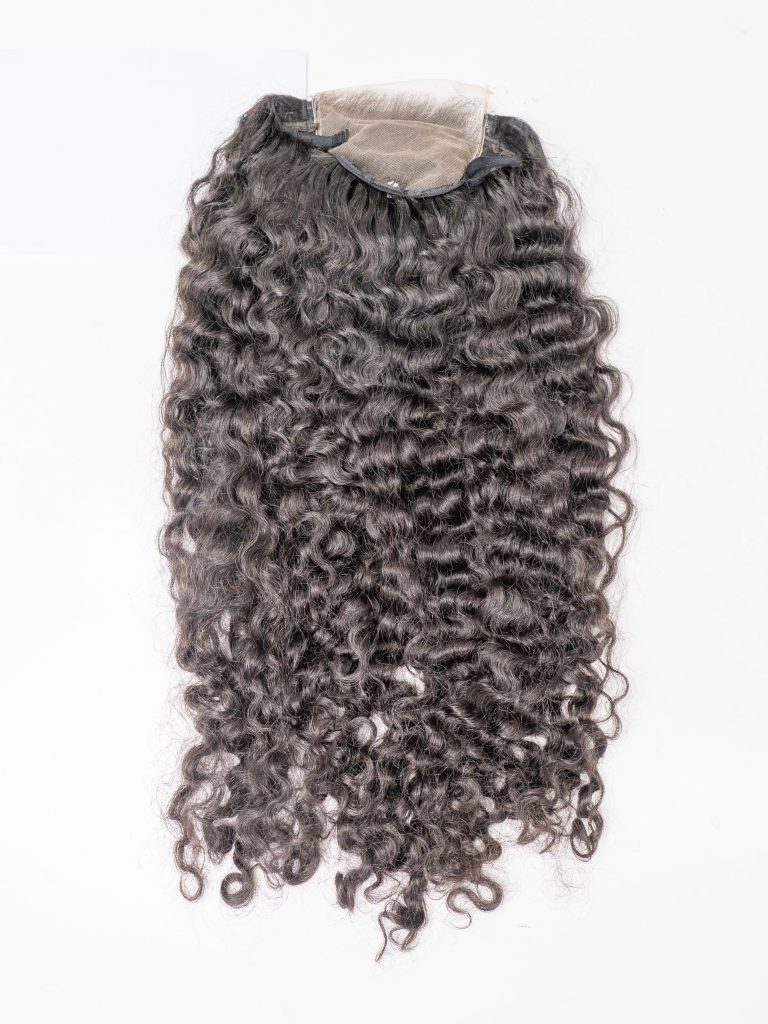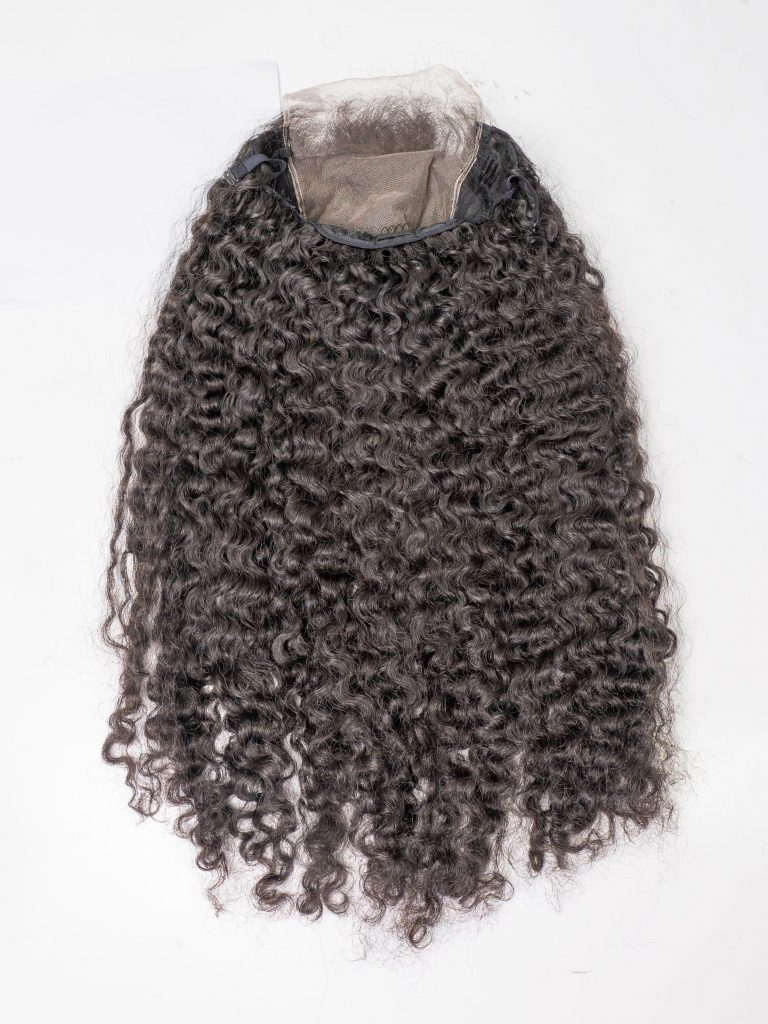A sensitive scalp can be a real nuisance, causing discomfort, irritation, and even impacting your self-confidence. Whether you experience itching, redness, flakiness, or dryness, it’s important to address the underlying causes and find effective solutions.
In this article, we’ll delve into the common triggers of a sensitive scalp, such as harsh hair products, environmental factors, and underlying medical conditions. Additionally, we’ll provide a range of practical tips and remedies to help you soothe your scalp, reduce inflammation, and promote healing. From choosing gentle hair care products to incorporating scalp massages and natural remedies, we’ll cover a variety of approaches to manage your sensitive scalp effectively.
What is A Sensitive Scalp?
A sensitive scalp is a common condition that can cause discomfort and irritation. It’s characterized by a variety of symptoms, including:
- Itching: This is a common symptom of a sensitive scalp. It can be mild or severe, and it may be accompanied by redness and inflammation.
- Burning Sensation: Some people with sensitive scalps experience a burning sensation on their scalp. This can be particularly bothersome and may make it difficult to focus on other tasks.
- Redness and Inflammation: Redness and inflammation are common signs of a sensitive scalp. The affected area may be swollen and tender to the touch.
- Dryness and Flakiness: A dry, flaky scalp is another common symptom. This can lead to dandruff, which can be embarrassing and uncomfortable.
- Tenderness: The scalp may feel sore or tender, especially when touched or brushed.
- Tingling: A tingling sensation on the scalp can also be a sign of sensitivity.
It’s important to note that the severity of these symptoms can vary from person to person. Some people may experience mild discomfort, while others may have severe symptoms that significantly impact their quality of life.
Potential Causes of A Sensitive Scalp
A sensitive scalp can be a bothersome condition that can cause discomfort, itching, and inflammation. Several factors can contribute to scalp sensitivity, including:
Harsh Hair Products:
Many hair care products contain harsh chemicals that can strip the scalp of its natural oils, leading to dryness, irritation, and inflammation. Sulfates, parabens, and artificial fragrances are common culprits.
Allergic Reactions:
Individuals with sensitive scalps may develop allergic reactions to certain ingredients in hair care products. Common allergens include fragrances, dyes, and preservatives. Allergic reactions can manifest as itching, redness, and inflammation.
Environmental Factors:
Exposure to harsh environmental conditions can also contribute to scalp sensitivity. Excessive sun exposure, wind, and cold weather can dry out the scalp and irritate the skin.
Stress:
Stress can exacerbate various skin conditions, including scalp sensitivity. When stressed, the body produces higher levels of cortisol, a hormone that can weaken the immune system and make the scalp more susceptible to inflammation.
Scalp Conditions:
Certain scalp conditions, such as dandruff, seborrheic dermatitis, psoriasis, folliculitis, and eczema, can make the scalp more sensitive. These conditions can cause inflammation, dryness, and itching.
Diet and Lifestyle:
Poor diet, dehydration, and unhealthy lifestyle habits can negatively impact overall health and scalp health. A lack of essential nutrients, such as vitamins and minerals, can weaken the scalp and make it more prone to irritation.
By understanding the potential causes of your scalp sensitivity, you can take steps to minimize triggers and alleviate symptoms. Choosing gentle, hypoallergenic hair care products, avoiding harsh environmental factors, managing stress, and adopting a healthy lifestyle can help improve your scalp health and reduce discomfort.
How to Soothe a Sensitive Scalp
A sensitive scalp can be a frustrating and uncomfortable condition. It can cause itching, redness, flaking, and other unpleasant symptoms. However, there are several effective strategies you can implement to soothe your scalp and alleviate these issues.
Gentle Hair Care Routine:
One of the most important steps in managing a sensitive scalp is to adopt a gentle hair care routine. This involves choosing the right products and washing your hair properly.
- Select Gentle Products: Opt for sulfate-free, fragrance-free, and hypoallergenic shampoos and conditioners. These products are less likely to irritate your scalp. You may also consider using products specifically formulated for sensitive scalps, as they often contain soothing ingredients like aloe vera, chamomile, and tea tree oil.
- Avoid Overwashing: Washing your hair too frequently can strip away natural oils, leading to dryness and irritation. Aim to wash your hair every 2-3 days.
- Use Lukewarm Water: Hot water can dry out your scalp, so use lukewarm water instead.
- Gently Massage Your Scalp: When washing your hair, gently massage your scalp to remove any buildup of oil and product.
Minimize Harsh Treatments:
Harsh hair treatments can exacerbate scalp sensitivity. It’s best to limit the use of:
- Chemical Treatments: Hair dyes, perms, and relaxers can damage the scalp and lead to irritation.
- Heat Styling Tools: Excessive use of heat styling tools, such as blow dryers, curling irons, and straighteners, can dry out the scalp. If you must use these tools, use them on a low heat setting and always apply a heat protectant spray.
Prioritize Self-Care:
- Manage Stress: Stress can worsen scalp sensitivity. Incorporate stress-reducing activities into your routine, such as meditation, yoga, or deep breathing exercises.
- Stay Hydrated: Drinking plenty of water can help keep your scalp hydrated and healthy.
- Maintain a Balanced Diet: A balanced diet rich in vitamins and minerals can support overall health, including scalp health.
Try Home Remedies:
- Aloe Vera: Apply aloe vera gel to your scalp to soothe irritation and provide moisture.
- Coconut Oil: Massage coconut oil into your scalp to reduce dryness and inflammation. Leave it on for at least 30 minutes before rinsing.
- Apple Cider Vinegar: Dilute apple cider vinegar with water and use it as a final rinse to restore the scalp’s pH balance.
If your scalp sensitivity persists or worsens, consult a dermatologist for a proper diagnosis and treatment plan. They may recommend medicated shampoos, topical steroids, or other treatments to help alleviate your symptoms.
